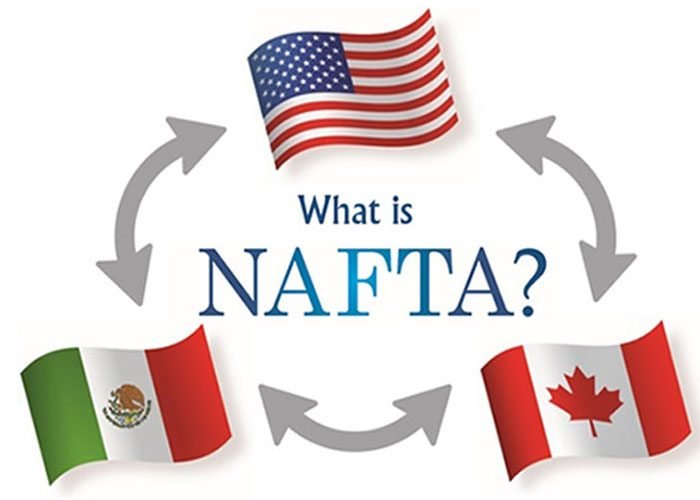25
Dec
What results when there is no NAFTA in 2017 ?
The 2016 U.S. race brought changes that were anticipated by few. Presently the eventual fate of U.S. migration will be left to great mechanics of U.S. arrangement set to start after president-elect Trump’s initiation on January 20, 2017. Regardless, we offer expansive useful impacts of a potential U.S. withdrawal from the North American Free Trade Agreement (NAFTA). The one conviction is that for more than a quarter-century has turned out to be interlaced inside the three economies. NAFTA has deep bonds all through the three nations including shared work and exchange. NAFTA is the operational system for one of the biggest single markets on the planet, and it won’t have effortlessly interfered.
The Trump crusade has examined enthusiasm for renegotiation not the end of NAFTA. Accordingly, we will have the capacity to screen those potential transactions and guidance on possible changes as they advance. Impermanent levies or focusing of enterprises have a long history of political arrangement strategies. While U.S. withdrawal from NAFTA is outrageous, a few offices for section into the U.S. for Canadian and Mexican citizens would become former:
End of the expert work-approved classification TN1 and TN2 for Canadians and Mexicans separately. These specialist positions are an essential advantage of NAFTA, permitting degree and expert representatives to work over every one of the three nations;
Visa absolved status for Canadian nationals would conceivably be pulled back through the disposal of NAFTA. Right now, Canadians are visa excluded for an assortment of brief U.S. statuses including tutoring, business, and diversion. This permits quick endless supply of use materials, evidence of status, and an international ID. NAFTA is the system under which this benefit is organized;
In-person preparing of work approval will probably arrive at an end. This comfort delighted in by Canadian candidates preceding passage to the U.S. is additionally a portion of NAFTA. TN1 applications alongside intercompany exchanges for universal associations (L-1) may presently be submitted and prepared face toface. Endorsement and work approval are then conceded by U.S. Traditions and Border Protection workforce. It gives a financially savvy promptness esteemed by U.S. what’s more, Canadian organizations. NAFTA makes that conceivable.
Other non-NAFTA arrangements are less helpful for Mexicans and Canadians, and those arrangements will presumably require a preparatory handling of a travel visa to go with status. If the U.S. pulls back from NAFTA, the previous NAFTA accomplices will accept comparative status to other universal explorers to the U.S.
As examined supra, worldwide transferees for a regularly claimed organization would remain a qualified arrangement for Canadians and Mexicans, TN1 and TN2 candidates could discover some equivalency in the H-1B program, and the financial specialist/exchange programs (E visa) are fixing to NAFTA however would likely be reconfigured to every nation. There are impediments among those arrangements, and the withdrawal of NAFTA would without a doubt do harm to the relationship between the three countries.
All the more particularly, the E program is a decent arrangement conceivably for Canadian-claimed and Mexican-possessed organizations that look to send Canadians and Mexicans individually, however, it includes preparatory framework with the U.S. Consular Services. Also, if H-1B is the main choice, it is essential to realize that because of oversubscription, the H-1B petitions by a business should be produced in mid-2017 for a basic recording date of April 1, 2017.
In general, the theory is the thing that we are left with after some battle guarantees. The possibility of nation-to-nation, non-NAFTA, and exchange concessions to an original premise among the three nations is a plausibility left to the erratic method for enactment. We will see soon what’s on the horizon for NAFTA in 2017, and we are here to give system and direction as that future unfurls.



